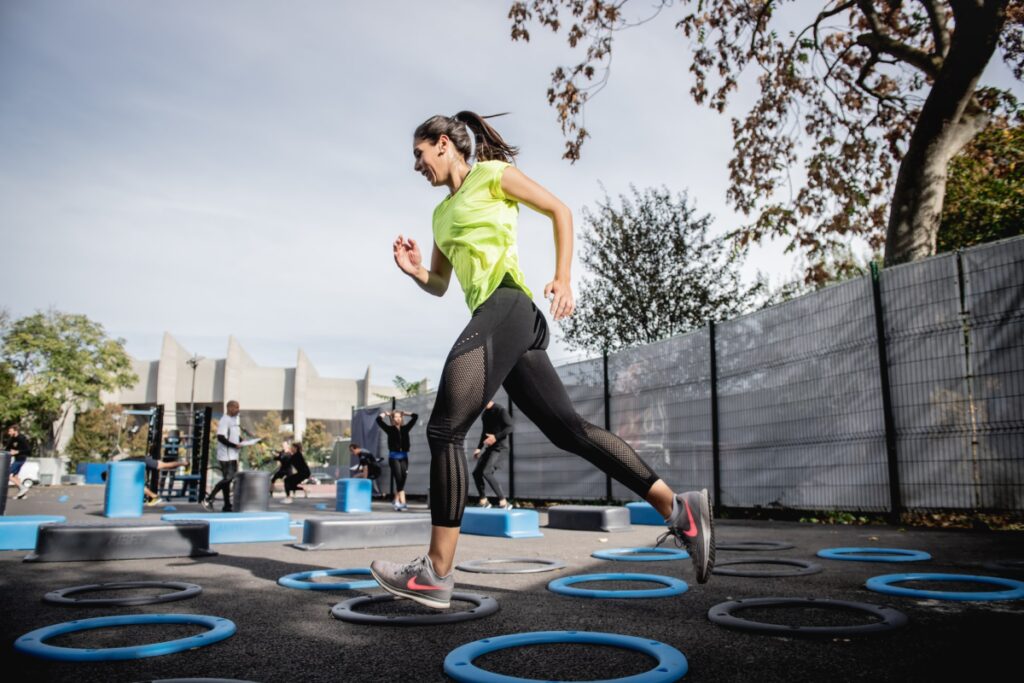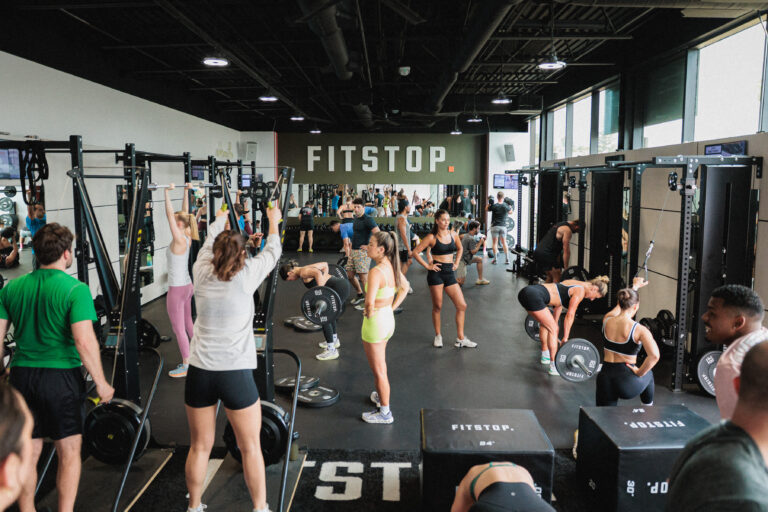Exercise may be the best antidepressant.
What’s happening: Two recent systematic reviews found evidence that exercise can greatly improve symptoms of depression and anxiety.
- Physical activity, especially high-intensity exercise, was 1.5 times more effective than counseling or leading medications in treating depression.
- Beneficial effects were reported across all clinical populations, with the greatest impact on those with major depressive disorder and those undergoing supervised exercise.
The researchers were clear in their conclusions: Physical activity is an evidence-based antidepressant and should be pursued as a “first-choice treatment.”
Movement as medicine. These findings strengthen the growing link between more movement and better mental health.
- Alzheimer’s researchers touted exercise as the “top theoretical treatment” for the disease.
- Physical activity was shown to improve mental health and behavioral issues among pre-teens.
- Moderate physical activity and walking cut the risk of cognitive impairment and dementia for senior women.
The first step… To combat a lack of motivation and establish a routine, it’ll be important for mental health clinicians to create structured exercise protocols—from walks to working out—for those with chronic depression or illness.
Self-medicating. With burnout on the rise, more Americans are taking action, saying improving mental health is their top reason for exercising. In response, fitness operators are designing programs around resilience, stress management, and more:
- In January, Tom Brady’s holistic training brand TB12 partnered with Brandon Marshall’s House of Athlete, a concept putting equal weight on physical and mental fitness.
- This March, Beachbody rebranded to BODi, redesigning its brand around the concept of self-esteem and launching mindset training courses.
- Performance training company Exos recently launched burnout reversal programs for corporate wellness as well as a mindset and movement initiative in schools.
Punchline: To date, solutions for mental and physical health have been siloed. But as consumers pursue holistic wellness and brands tap into mindful movement, doctors could (and should) begin prescribing workouts for better mental health.






